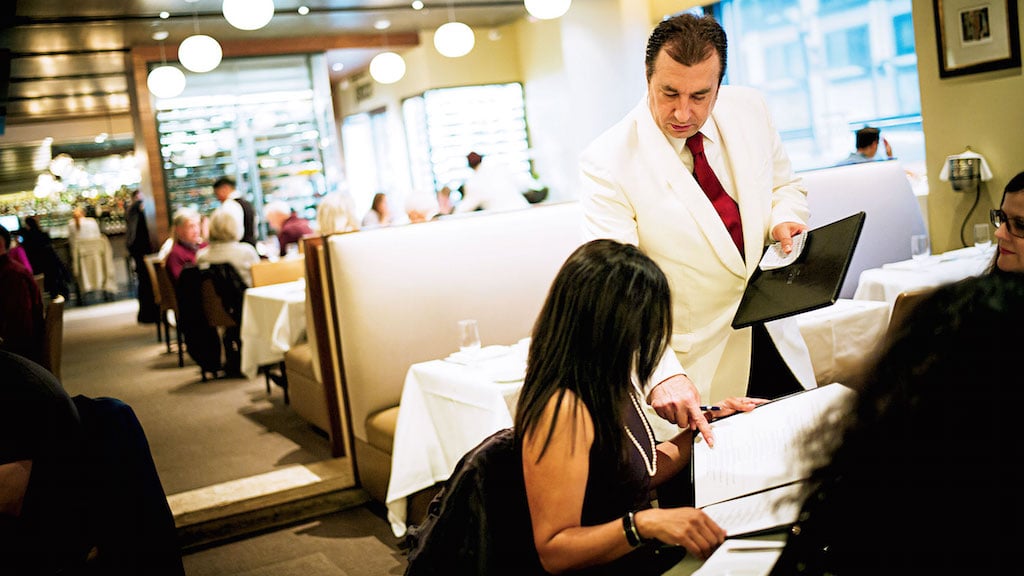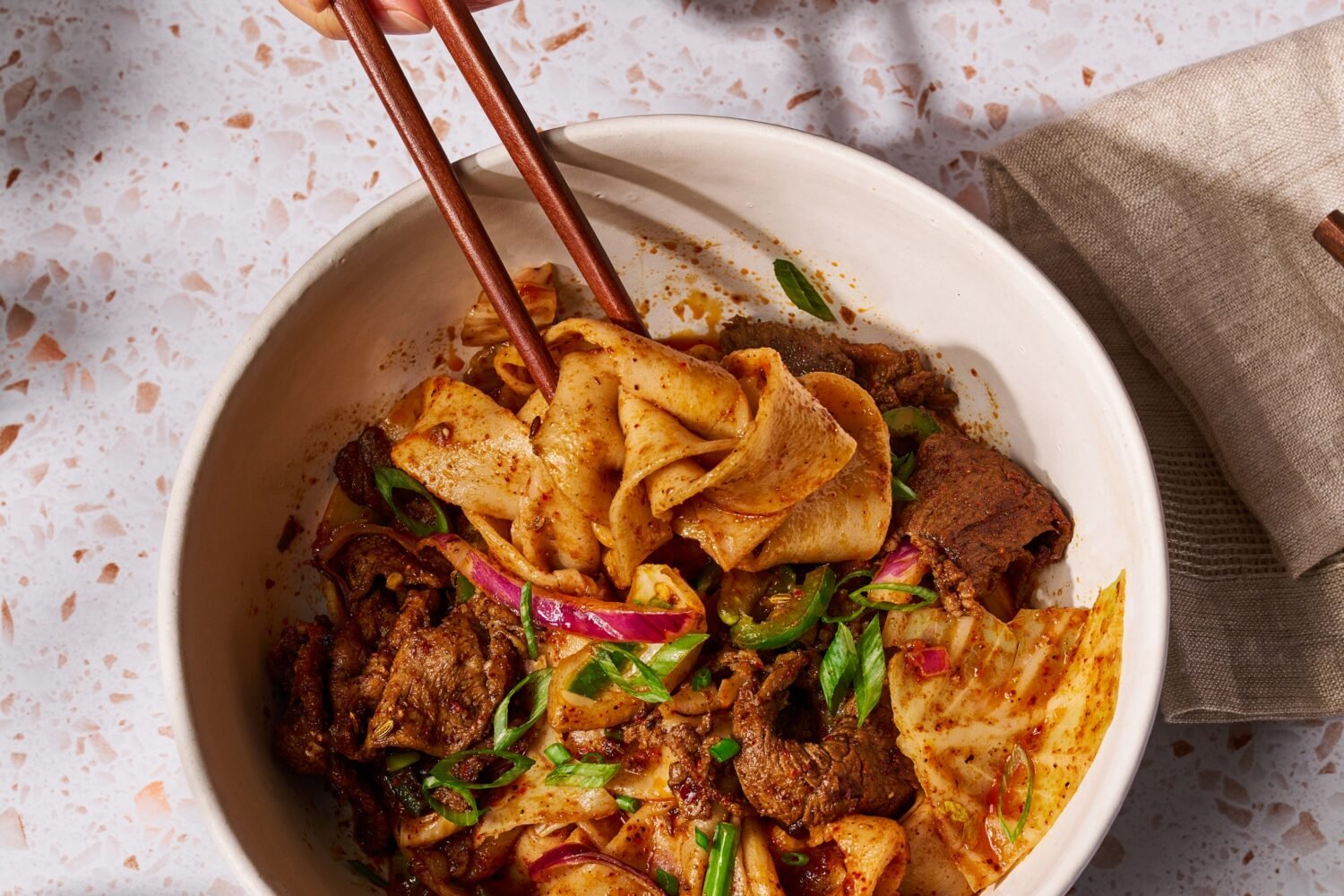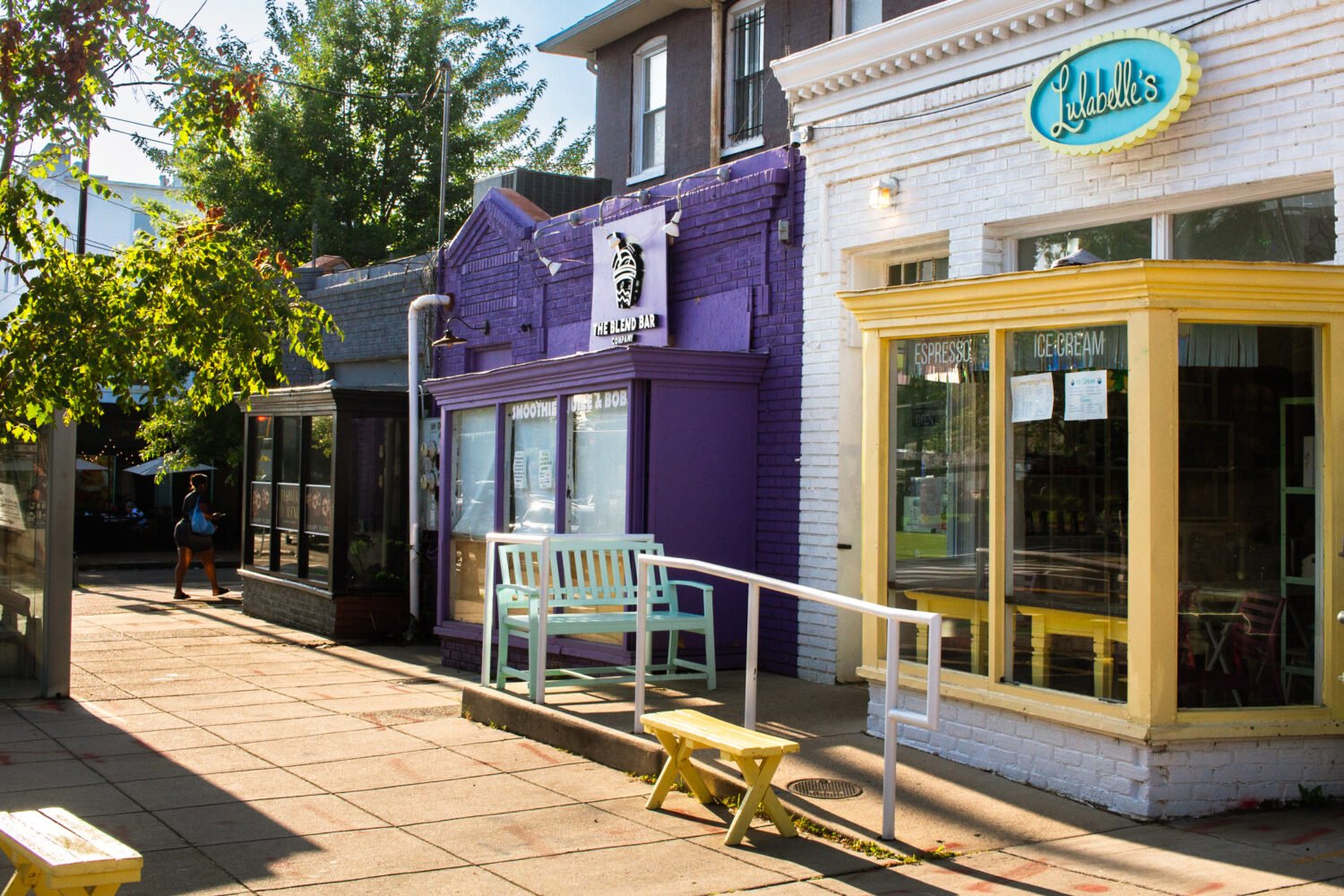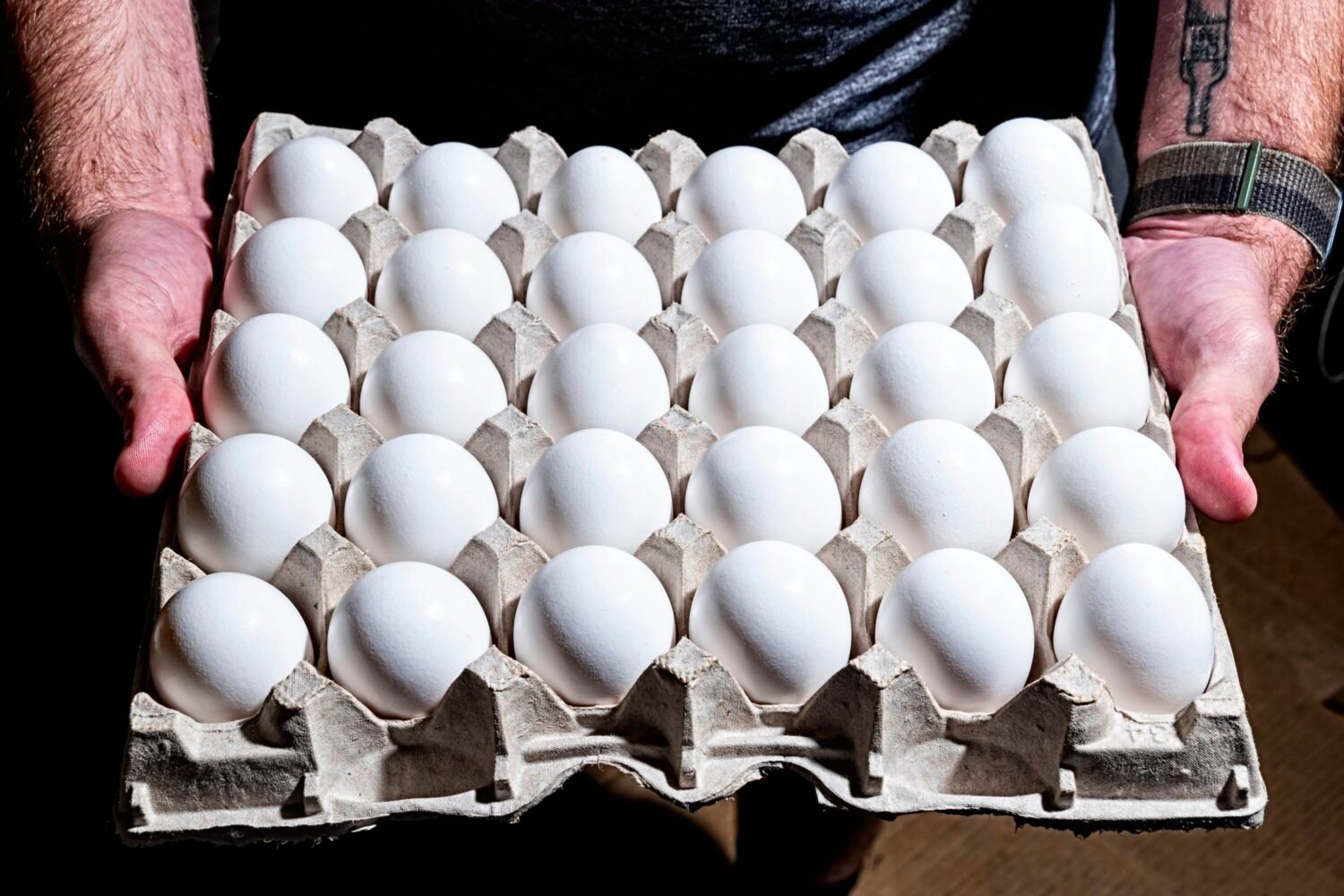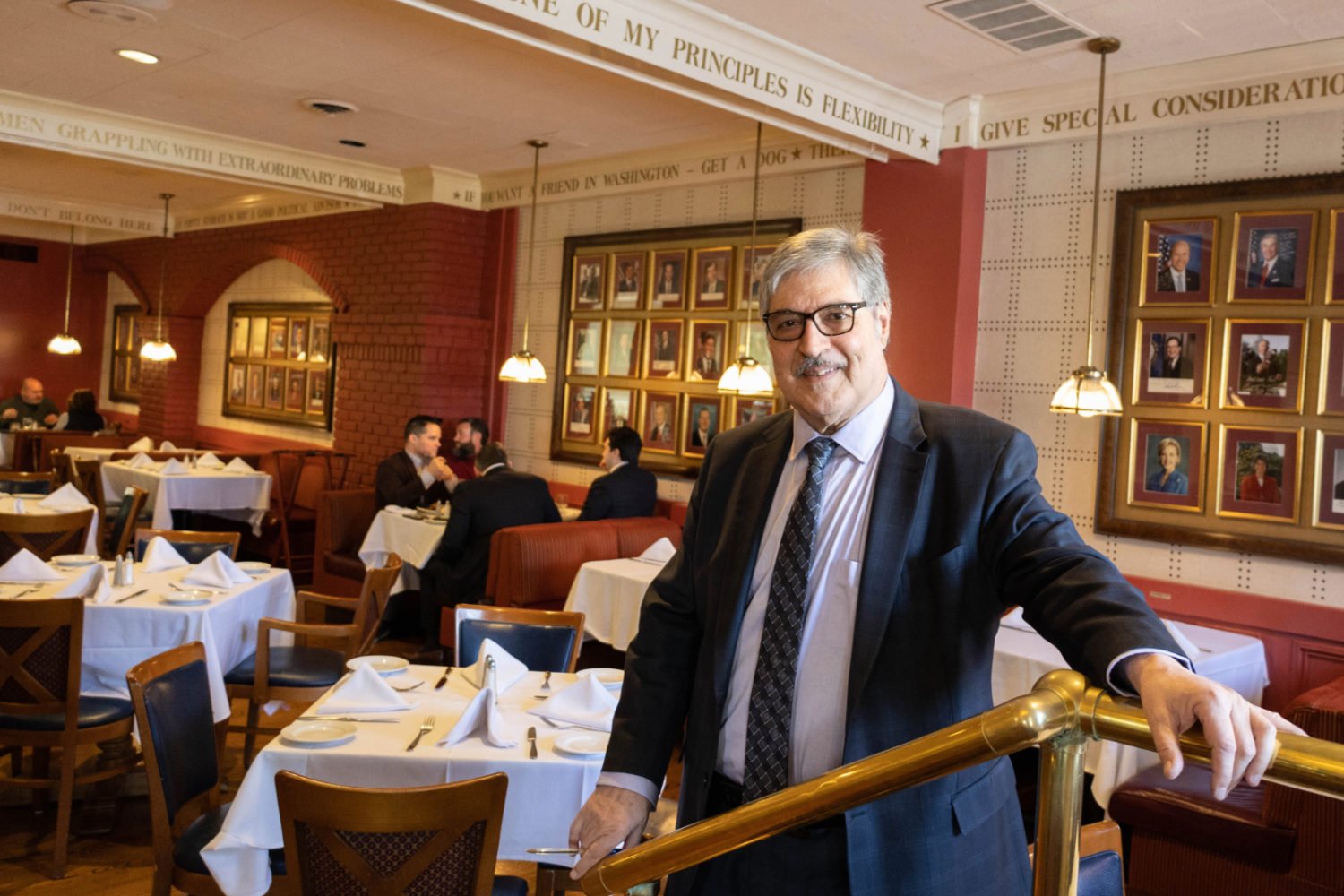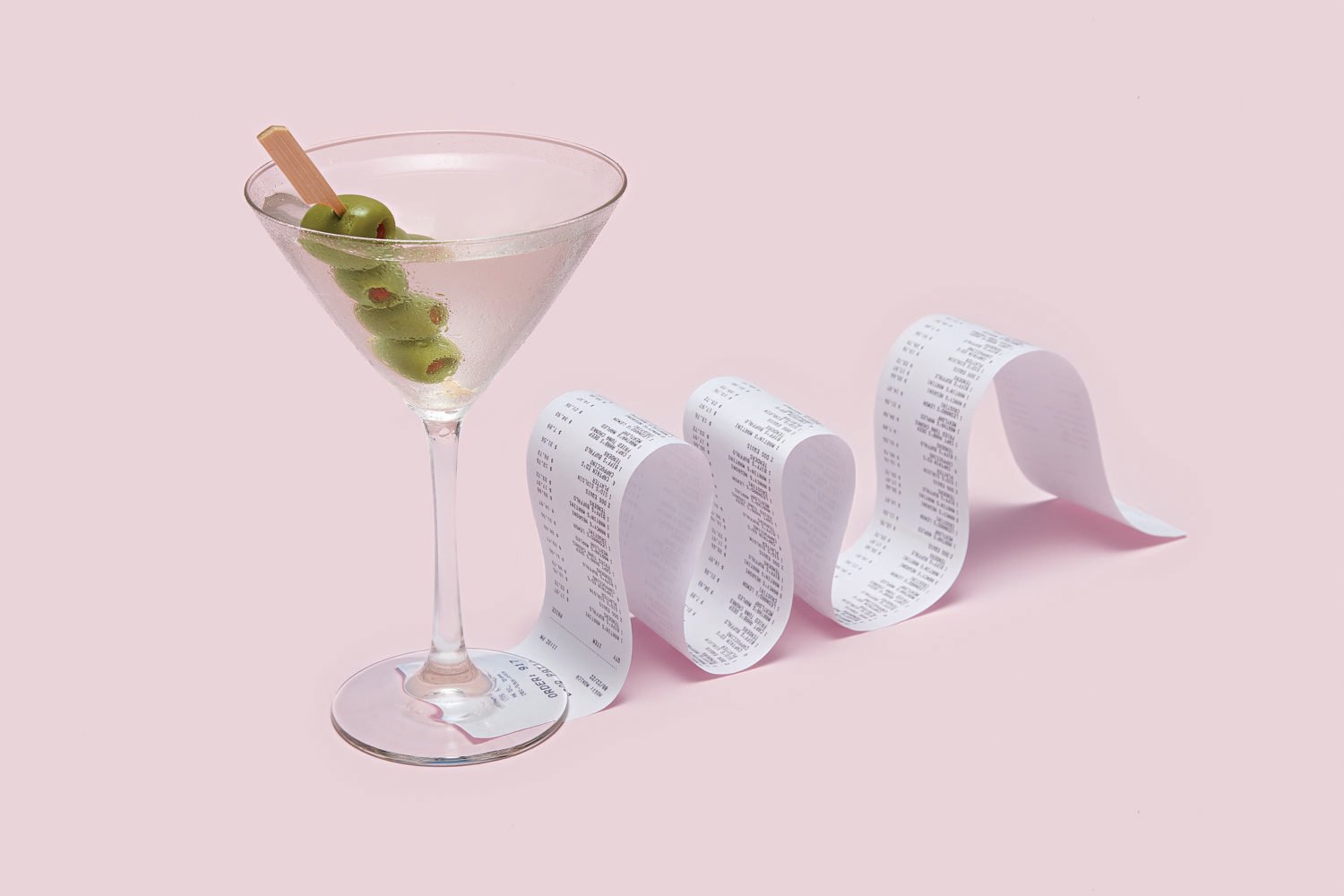The menu feels as long as a Tolkien novel. It’s so vague you can’t tell where the starters stop and the entrées begin. (Or worse—what is “rice/seaweed/coffee” anyway?) So you ask your server a natural question: “What’s good here?”
In the best-case scenario, the waiter will decode a treasure map of underrated deviled eggs or can’t-miss dumplings. Just as likely, though, you’ll get an answer that has little to do with food. Asking a server for a recommendation is a faulty way to order at a restaurant— and not just because you don’t know if she’s vegetarian, is allergic to shrimp, or just has a weird thing about tomatoes.
“Somewhere in the back of every server’s mind is their check average. At the end of the day, up-selling is critical—it’s how we’re paying our rent,” says Daniel Liberson, a former waiter at Rose’s Luxury, Teddy & the Bully Bar, and Blue Duck Tavern who now sells artisanal vinegars to restaurants. That’s not to say the staff won’t recommend their favorites, but they may draw from the pricier dishes, even if there’s only a couple of dollars’ difference.
it’s not unheard of for servers to recommend something they haven’t tried at all.
At District Commons in Foggy Bottom, server Chris Carbone will offer up favorite dishes at various prices, but he’ll mention the more expensive ones last: “If I say I like salmon, chicken, crabcakes, and New York strip, they’re going to remember crabcakes and New York strip.”
Then there’s the fact that your waiter might not have tried everything, especially luxury items such as that $98 Japanese Wagyu he’s praising. At most restaurants, the staff tastes at least a few bites of every dish on the menu. (Whether a quick sampling is enough for a proper endorsement is arguable.) Still, it’s not unheard of for servers to recommend something they haven’t tried at all.
“I’ve done that on more than one occasion, especially if we have newer dishes,” says Miguel Barajas, a server at Ten Tigers Parlour in Petworth. He doesn’t necessarily have to like it to sell it, either: “That is part of the game.”
Plus, there can be all sorts of reasons a chef asks waitstaff to push a dish. Maybe the kitchen has a perishable ingredient it needs to get rid of. Maybe it made too many bao buns. Maybe the chef is running out of the salmon and wants to steer customers toward the sea bass. Some restaurants will offer servers an incentive to promote certain specials by giving a post-shift drink or other prize to the one who sells the most.
This isn’t to say all waiters are out to deceive you or that all recommendations are duds or rip-offs. At the very least, servers also have a financial incentive not to lead diners too far astray. If they suggest a truly bad dish, it might affect their tip.
What’s a diner to do? At the kind of upscale restaurant where it’s encouraged, Liberson suggests skipping the middleman and asking the server to have the chef cook for you. If not, Carbone says you’re more likely to get an honest answer with a more personal, pointed question such as “You just got off your shift—what are you ordering?” Still, it’s a crapshoot. So order the server’s suggested rib eye if you want. You just might want to add a fat pinch of salt.
This article appears in the June 2017 issue of Washingtonian.

